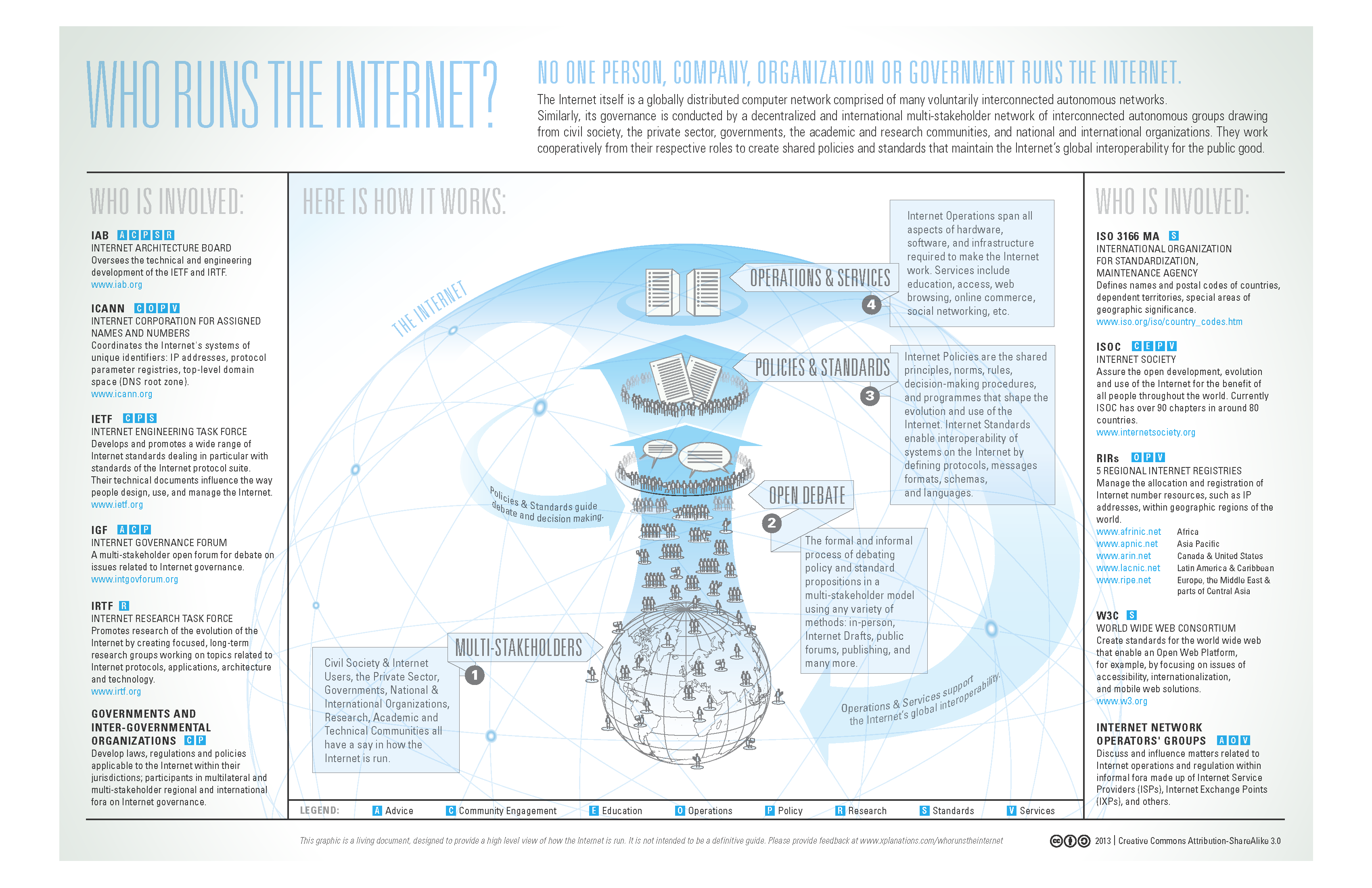
According to a Russian media report, the U.S. Department of Defense invested at least $20 million to research “Internet content control” in an effort to ultimately influence the attitudes and opinions of netizens. The Department of Defense joined with American Internet companies to implement “content viewing restrictions” that affect more than 700,000 Internet users for a specific period of time. The restrictions would allow one part of the population to receive only good news, and another part of the population to receive only bad news. Some dubbed this the “battle for the heart of the Internet.”
More than a few people were rather shocked that the U.S. Department of Defense would use netizens as lab rats. The experiment was led by the U.S. Department of Defense Advanced Research Projects Agency, which, in fact, developed the Advanced Research Projects Agency Network, the forerunner to the Internet.
America’s contribution to the Internet has been huge. In 2011, when the U.S. proposed an international cyberspace strategy, and especially when the U.S. proposed to guarantee the free flow of online information worldwide, many people and communities defended this American concept, finding it stunningly re-assuring. There was an unparalleled level of moral certainty! As such, when the U.S. began criticizing Chinese cyberattacks and Internet regulation policies; some countries — especially America’s allies — emerged, sounding a chorus of indignation and injustice in support of the American position, and when China and Russia proposed the notion of Internet sovereignty at the United Nations, it was feared that some nations would interpret this proposal as one meant to isolate the Internet and move backward, and even many domestic scholars protested.
Over the last few years, the Chinese Internet has not been lacking in the number of people with questionable morals, and it is not uncommon to find Thick Darkness* and Human Flesh Search Engines**, yet no one criticizes America because doing so would amount to no more than Internet propaganda, and would strangle the symbol of progress and freedom. Anyone doing so would be abhorred by everyone, but when that American Snowden disclosed proof that the U.S. had long been monitoring the entire world, many were stunned. The Chinese government had actually been right! Those who had originally criticized China discovered that the U.S. government had, in fact, been more thorough, and then were forced to remain silent. Look for yourself.
The U.S. opposes Internet sovereignty, but still declares that the data on the servers of every American company are the property of the government; the U.S. declares that it will protect the free flow of information, and yet, it attempts to control the content seen by netizens; the U.S. claims that the attempted entry of Chinese network equipment companies into America poses a national security threat, and yet, we are constantly hearing about how Apple and other giant American companies have installed “back doors” in their products that enable them to extract information from ordinary users.
How can this be? It seems like people should be indignant about this! But has the U.S. made a mistake? America is protecting its own national interests. While developing Internet technology, it is protecting its own safety. It is ensuring the strength of its control in the face of ever changing global networking applications and innovations. While promoting the Internet’s global contributions, the U.S. also gets all sorts of things in return. Is any of this a mistake? Perhaps, there is a double standard; perhaps, there is hypocrisy, but the crucial point is that we ourselves must see with discerning eyes, and only in this way can we make any clear determination.
The objective of the U.S. Department of Defense’s ARPA is to protect America’s global technological superiority while keeping in check the hidden technologies that threaten the United States. It would seem that we still do not have such an institution, and thus, maybe from the U.S. perspective, we have also erred in that we are so convinced and so willing to accept the concepts that others have given us — that we have forgotten what we ought to have. We have forgotten how to protect ourselves and to determine what we should rely on for future development despite our incessant boasting about the thousands of years of our civilization. On the online front, it seems that we are indulging in premature celebration about the production of massive information flow and new innovations. As the Internet levels the global playing field, let’s hope our thinking process doesn’t also get leveled. From the American point of view, the U.S. has not erred, but we must act correctly!
*Translator’s note: Refers to the Thick Black Theory proposed by Li Zongwu in 1911, which suggested that politicians would gain power by being thick (thick-skinned, shameless) and black (dark, ruthless).
**Translator’s note: Refers to the practice of crowdsourcing via Internet media to identify and expose individuals or government corruption to public humiliation.

Leave a Reply
You must be logged in to post a comment.